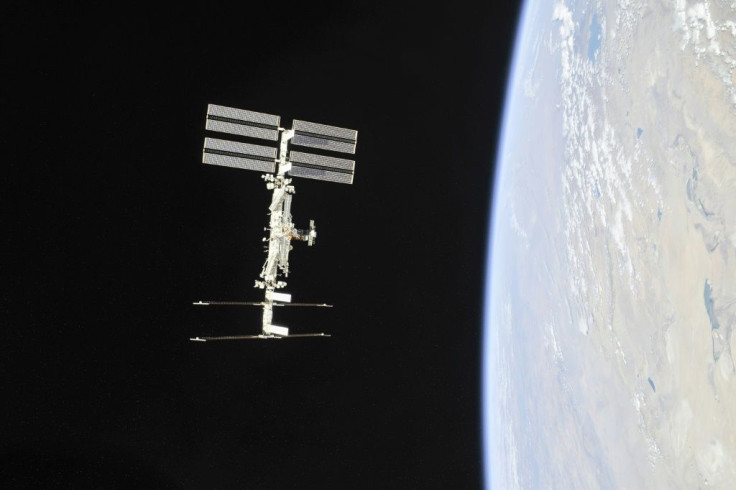SpaceX To Carry 128 Glow-In-The-Dark Baby Squid To Space
KEY POINTS
- SpaceX will launch 5,000 tardigrades and 128 baby squid to outer space on June 23
- The animals will be involved in experiments on the International Space Space Station
- The study on tardigrades could help scientists learn more about the stressors humans face in space
Water bears and squid are set to make their way to outer space.
On June 23, SpaceX will launch its 22nd cargo resupply mission to the International Space Station (ISS). Along with astronauts' needed supplies, research experiments and technology demonstrations, tardigrades and baby squid will also be included in the cargo, CNN reported. The launch is set to take off at 1:29 p.m. EDT.
About 5,000 tardigrades will be heading to the ISS to take part in experiments. Also known as water bears, tardigrades are micro-animals that are almost invisible to the naked eye due to their size and transparency. These water bears will be sharing a ride with 128 baby glow-in-the-dark bobtail squid, which will also participate in the crew members' experiments.
Research on tardigrades aims to find out how the animals tolerate the environment in outer space. The researchers are also keen to know if the lack of gravity will affect the symbiotic relationships between squid and beneficial microbes.
"This investigation helps determine whether spaceflight alters the mutually beneficial relationship, which could support the development of protective measures and mitigation to preserve astronaut health on long-duration space missions," said NASA in its press release published Wednesday.
Observing how tardigrades behave in space could lead to scientists gaining a better understanding of the stressors humans face when they leave Earth.
Tardigrades "have been shown to survive and reproduce during spaceflight, and can even survive prolonged exposure to the vacuum of outer space," said Thomas Boothby, assistant professor of molecular biology at the University of Wyoming and principal investigator for Cell Science-04 tardigrade experiment, in a press conference Wednesday.
"Understanding how to safeguard astronauts and other organisms against these stresses will be essential for ensuring a safe and productive long-term space presence," he added.
Tardigrades, according to Britannica, are tiny invertebrates that are known to be capable of surviving in the most extreme conditions. These small animals can survive being frozen, dried out and even heated up past the boiling point of water. Perhaps one of the most astonishing discoveries about tardigrades is the fact that they can go for weeks without oxygen.
Meanwhile, squid are known to have an immune system that is very similar to the type that humans have, so studying them could help researchers find out more about how spaceflight affects the human digestive and immune systems.
"Animals, including humans, rely on our microbes to maintain a healthy digestive and immune system," said Jamie Foster, professor in the Department of Microbiology and Cell Science at the University of Florida. "We do not fully understand how spaceflight alters these beneficial interactions. The UMAMI [Understanding Microgravity on Animal Microbe Interactions] experiment uses a glow-in-the-dark bobtail squid to address these important issues in animal health."
"We can take a lot of parallels of how the immune system is responding to these beneficial microbes in the space environment," Foster added.
Hundreds of scientific experiments are conducted each day on the ISS. The findings of these experiments are reported back to Earth with the objective of understanding life in zero gravity.

© Copyright IBTimes 2025. All rights reserved.





















